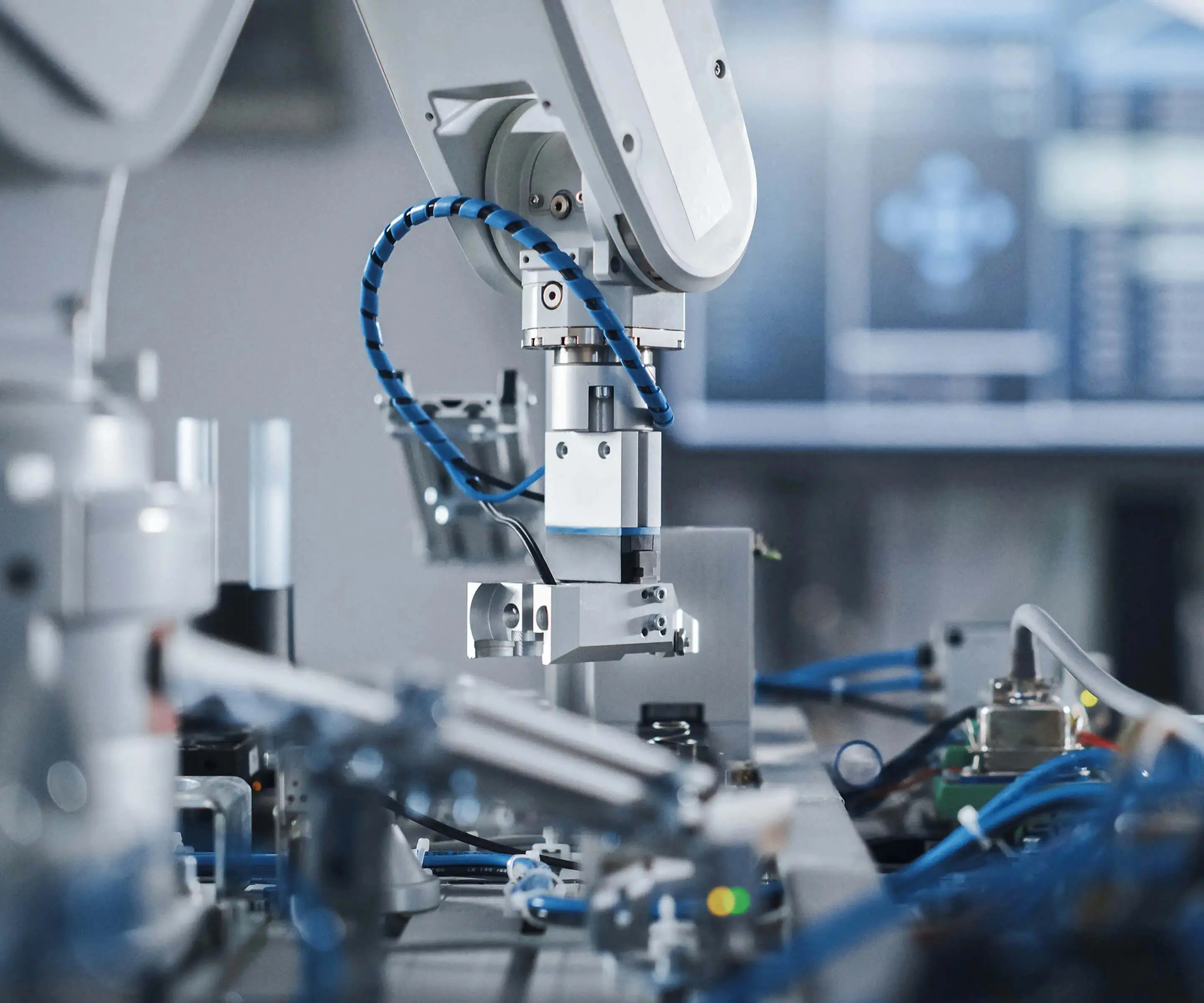Imagine you're building a bustling street market—every stall is a tiny shop, sharply focused on what it does best. Now, picture that similar setup in the digital realm, where each microservice acts as an individual "small shop" in a bigger ecosystem. That's basically what microservices in Node.js bring to the table—an architectural style that breaks down a monolithic app into manageable, independent pieces.

Node.js itself is like that energetic shopkeeper who handles multiple tasks with ease, thanks to its event-driven, non-blocking I/O model. When you combine that with microservices, you're not just creating a flexible system—you’re creating a system that can grow, adapt, and evolve without the headache of a huge codebase choking everything. It’s a modern approach that helps teams roll out features faster and fix issues without catching fire all the time.
As you shift towards microservices, you've got these tiny yet powerful units—each responsible for a single part of the full app. Want a payment system? Microservice. Need user authentication? Plug in another. Want to upgrade your messaging feature? Swap it out without touching the whole platform. Node.js makes this seamless because it’s lightweight, fast, and well-suited for service-oriented architectures.
Some might wonder, "Why not just stick with a monolith or use other frameworks?" Well, microservices in Node.js unlock a lot of advantages—scalability, resilience, and nimbleness. When one microservice stumbles, it doesn’t take the whole app down. Resources can be allocated precisely where needed. Plus, Node.js's vast ecosystem means you can pick from numerous modules and tools designed to complement microservice architecture.
But be careful—this approach isn’t without challenges. You need solid communication between services, proper data management, and effective deployment strategies. Sometimes, deploying dozens of tiny services can feel like herding cats, especially if you’re new to the dance. Yet, for those who want to stay ahead in pushing updates fast and maintaining a highly modular system, adopting microservices with Node.js might be just the game-changer needed.
Thinking about the big picture? Microservices give you the power to focus on what matters most—improving user experience, speeding up deployment, and keeping your system agile. Could your project benefit from breaking down its core functions into smaller, deployable parts? It’s worth pondering. When mission-critical apps demand both performance and flexibility, this combo of microservices and Node.js has proven to be a winning strategy—like carving a path through a dense forest, clear and effective.
Established in 2005, Kpower has been dedicated to a professional compact motion unit manufacturer, headquartered in Dongguan, Guangdong Province, China. Leveraging innovations in modular drive technology, Kpower integrates high-performance motors, precision reducers, and multi-protocol control systems to provide efficient and customized smart drive system solutions. Kpower has delivered professional drive system solutions to over 500 enterprise clients globally with products covering various fields such as Smart Home Systems, Automatic Electronics, Robotics, Precision Agriculture, Drones, and Industrial Automation.




































